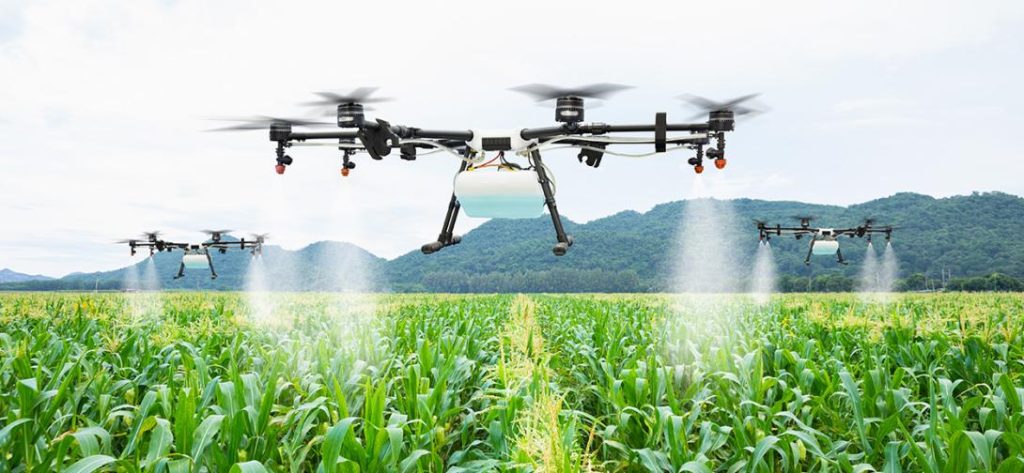In recent years, the agricultural landscape has undergone significant transformation with the integration of modern technology. The convergence of traditional farming practices and cutting-edge technologies has paved the way for a new era in agriculture. This article explores how technology is revolutionising the agricultural sector, enhancing efficiency, sustainability, and productivity.
Precision agriculture
Precision agriculture leverages technologies like Global Positioning System, sensors, and data analytics to optimise farming practices. Farmers can gather real-time data on soil health, moisture levels, and crop growth. This data-driven approach allows for precise resource allocation, minimising waste and maximising yields.
Smart farming
Smart farming incorporates Internet of Things (IoT) devices to monitor and control various aspects of farming, from irrigation systems to livestock management. Sensors and actuators enable remote monitoring, leading to more informed decision-making and reduced operational costs.
Data analytics and artificial
Advanced data analytics and artificial intelligence enable predictive modeling for weather patterns, disease outbreaks, and pest infestations. This empowers farmers to take preemptive actions, mitigate risks, and optimise crop management strategies.
Vertical farming and hydroponics
Vertical farming and hydroponics leverage technology to cultivate crops in controlled environments, independent of traditional soil. These methods optimise space, conserve water, and offer year-round cultivation options.
Drones and remote sensing
Drones equipped with cameras and sensors provide aerial views of fields, assisting in crop monitoring, health assessment, and even planting. This technology saves time and resources by covering vast areas quickly.
Blockchain in supply chain
Blockchain technology ensures transparency and traceability in the agricultural supply chain. It enables consumers verify the origin, quality, and authenticity of products, fostering trust, between producers and consumers.
Digital marketplaces
Online platforms connect farmers directly with buyers, eliminating intermediaries and improving market access. This leads to fairer pricing and greater profits for farmers.
Climate-resilient farming
Climate modeling and risk assessment tools aid in adapting farming practices to changing climate conditions. This includes selecting suitable crops and adjusting planting schedules. The integration of technology into agriculture is reshaping the way we produce food. From precision farming to blockchain-powered supply chains, technology is empowering farmers to make informed decisions and optimise resource utilisation. As the world faces challenges like climate change and population growth, technology-driven agriculture holds the promise of increased productivity, sustainability, and food security for generations to come.



